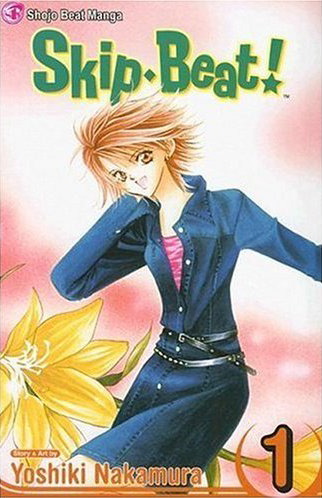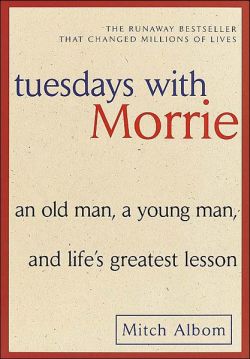This is a list I made for a “Diversity” panel at Sydney OzComic-Con in 2023. It stars manga/anime that has people with disabilities, and I tried to make them as diverse as possible and from a wide variety of genres.


Perfect World
A realistic romance manga about a girl who had a crush on the cool basketball captain in high school, though she never confessed her love. As adults, they meet again, but he is now a paraplegic in a wheelchair due to a traffic accident at university. Love blooms, but there are many challenges to dating a paraplegic who has bedsores, gets random fevers, and cannot go to the toilet without a catheter, not to mention disapproving parents of the able-bodied. Here is a story that remains realistic about the challenges of a romance with a paraplegic, right down to the spells of depression the paraplegic about being a burden to his girlfriend (later wife and mother of their adopted child). A story about how being paraplegic is tough, but ultimately just another problem/challenge to manage in life.

Real
A sports manga about wheelchair basketball, by the same creator as the legendary basketball manga “Slam Dunk”. This story does skimp on the difficulties and social barriers to being a wheelchair basket baller in Japan, but is primarily a sports manga that is focused on the sport rather than the fact that the characters are in wheelchairs. It’s nice to see a sports manga that just happens to be about a paralympic sport.

Full Metal Alchemist
A super-popular action adventure manga/anime about Edward Eldric, an action-hero alchemist who happens to be an amputee missing an arm and a leg. He uses advanced prosthetics so people tend to forget he’s an amputee, but there are many instances where his prosthetics break mid-battle and he is left helpless on the floor. Despite being one of the most powerful alchemists around, the only thing Edward can’t transmute is his arm/leg back.

The Ranking of Kings
The anime is the better version of this story, which is about Bochi the deaf-mute prince of a fairy-tale kingdom where kings are judged by their sword-fighting prowess. Bochi starts off weak deaf-mute, but ends up as a powerful level 99 swordsman who is still a deaf-mute, and makes many friends along the way through his journey. The best thing about this story is that while he acquired his deaf-mute status because of magic cast on him by another, the story does not try to solve hi deaf-mute status through magic.

A Silent Voice
This manga is very hard to read at first, because the main character is the bully of a hearing-impaired girl. This story is as much about the dynamics of bullying among young, dumb kids as it is about the troubles of being hearing-impaired, and it’s important to point out that the MC is not a sadistic sociopath. Instead, he is an immature kid from a poor, chaotic family who can’t figure out that when he is bullying the hearing-impaired girl, his classmates are laughing AT him, not with him. They do nothing to stop him though, until one joke goes too far and the entire class turns on him. HE is now the target, and all the people he thought were his friends turned out not to be. Years later, he has matured and is filled with regret, and finds the hearing-impaired girl to make amends.

With the Light: Raising an Autistic Child
A real-life story that was originally written to explain to Japanese society that Autism is, this is a fantastic look into what it’s like to be a parents of an autistic child in Japan and goes into great detail in explaining how autistic people see the world. This is both enlightening and entertaining.

I Hear the Sunspot
A light BL manga about a broke college kid who gets a job transcribing class notes for a super-hot hearing-impaired classmate. This turns into a cute male-male romance, but a lot focuses on the way people constantly make assumptions about disabled guy’s hearing AND his sexuality. It’s pretty breath-taking how people can say and do thoughtless things, whether it’s from jealousy, ignorance, or general cluelessness.






